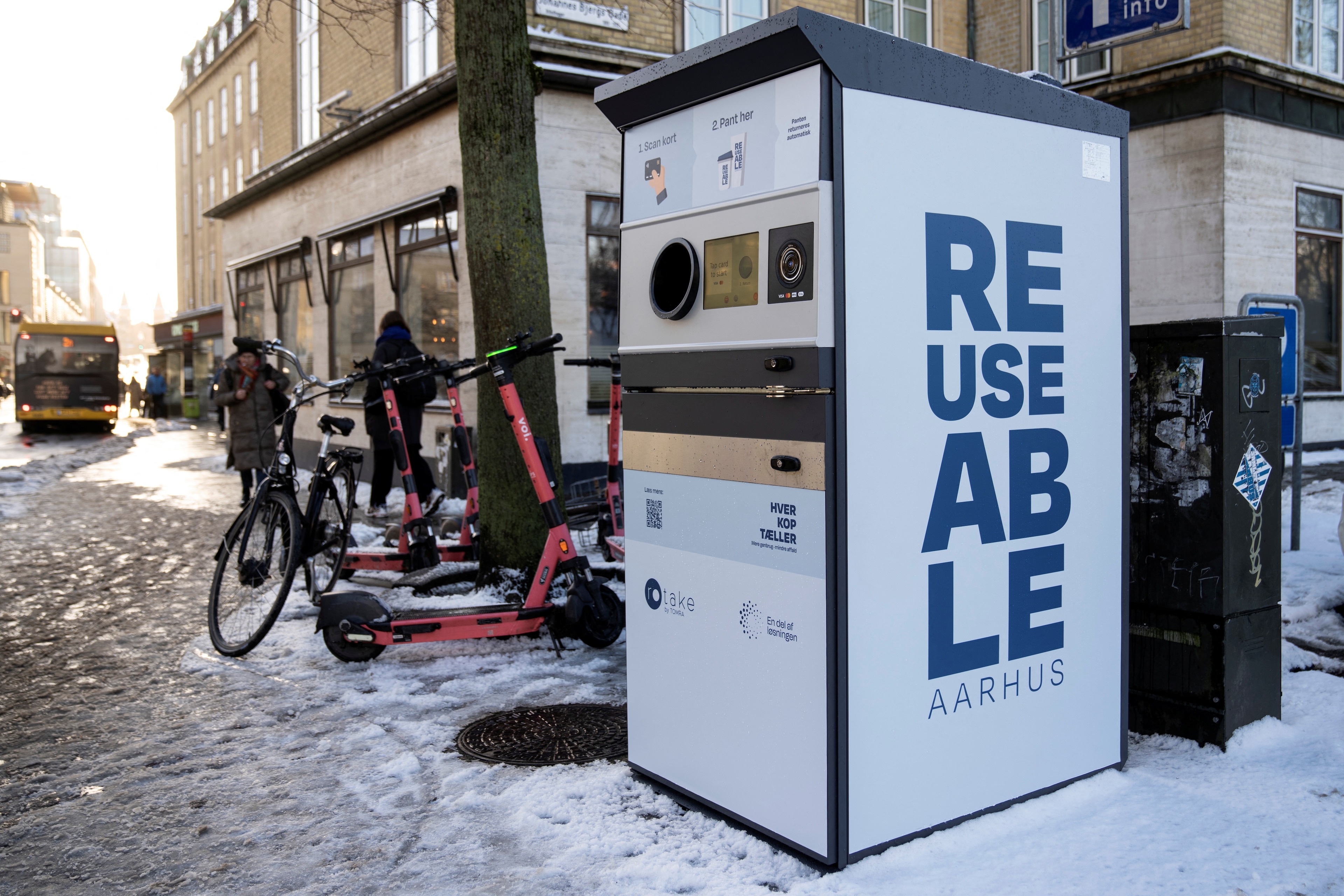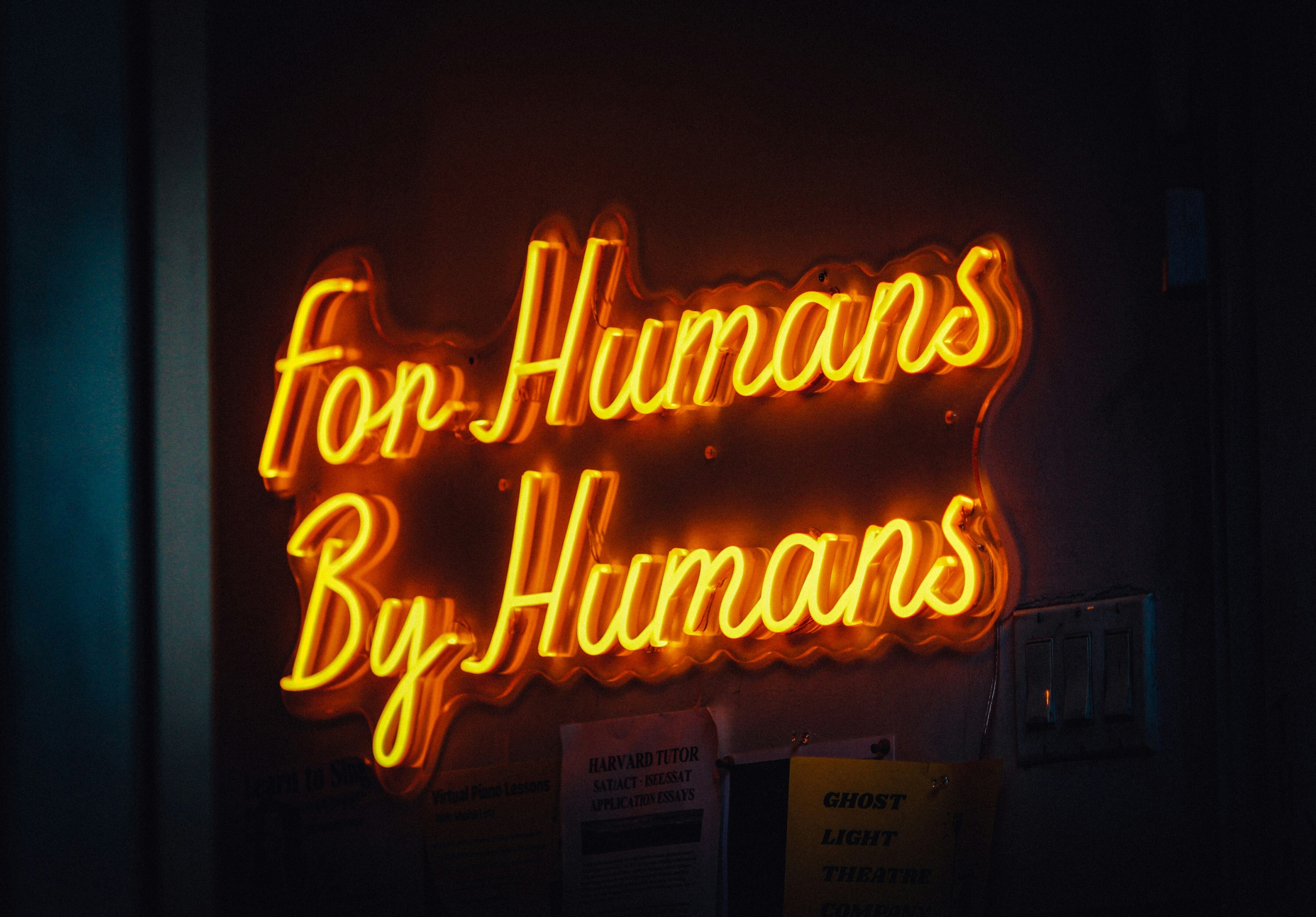Podcast: Education for the Fourth Industrial Revolution

Is knowledge redundant in an age of constant internet access?
Image: REUTERS/Eddie Keogh
Anne Marie Engtoft Larsen
Knowledge Lead, Science and Technology Studies, World Economic Forum GenevaStay up to date:
Fourth Industrial Revolution
This is episode 4 in a 10-part podcast series that will introduce listeners to the thinkers, entrepreneurs, and innovators who are already spotting the risks ahead, and seeking to guide humanity towards the land of ease and plenty that some believe is now within reach.
Accept our marketing cookies to access this content.
These cookies are currently disabled in your browser.
New episodes will be published every Tuesday from January 23, 2018 through March 6 on iTunes, Spotify and SoundCloud.
How do you educate children for a future whose main characteristic is ambiguous change? How will new technologies impact what we need to learn, as well as how we do it?
The First Industrial Revolution saw a proliferation of new educational models as society evolved its accommodation with new technologies and the new economy they produced. It is reasonable to expect something similar this time around, with a whole generation of reformers and ed tech entrepreneurs already experimenting with new learning tools and new educational priorities. Is knowledge redundant in an age of constant internet access?
Can AI create personal tutors for all? Can entrepreneurialism and independence join maths and science as curriculum fundamentals?
In episode four of ‘Shaping the Fourth Industrial Revolution’ we meet Ted Dintersmith, the former venture capitalist turned education philanthropist and activist; Sugata Mitra, Professor of Educational Technology and winner of the TED prize; Pasi Sahlberg, Finnish education guru and author; Brittany Bir, the CEO of programming school 42 Silicon Valley; Sylvain Kalache, co-founder of Holberton School of Software Engineering; Farb Nivi, founder of Grockit and Learnist; and deep learning expert, Jeremy Howard.
Learn more:
Don't miss any update on this topic
Create a free account and access your personalized content collection with our latest publications and analyses.
License and Republishing
World Economic Forum articles may be republished in accordance with the Creative Commons Attribution-NonCommercial-NoDerivatives 4.0 International Public License, and in accordance with our Terms of Use.
The views expressed in this article are those of the author alone and not the World Economic Forum.
Related topics:
Forum Stories newsletter
Bringing you weekly curated insights and analysis on the global issues that matter.
More on Fourth Industrial RevolutionSee all
David Timis
August 8, 2025
Henrik Hvid Jensen
August 7, 2025
Samuel Alemayehu
August 5, 2025
Adriana Banozic-Tang and Heng Wang
August 5, 2025
Harald Haas and Mallik Tatipamula
August 1, 2025
Neeti Mehta Shukla
August 1, 2025





